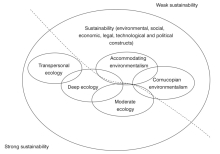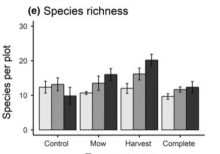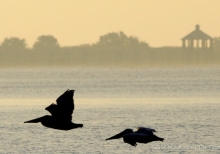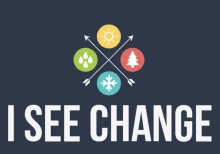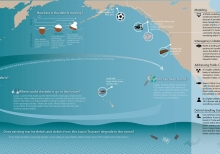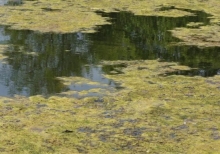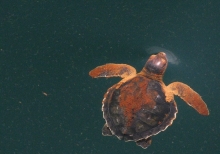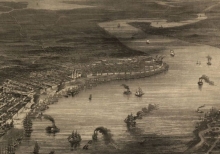Introduction To Sustanable Property Development
The built environment in general and property development in particular, have significant impacts on all aspects of sustainability, economic, social and environmental. The development process impacts on resource consumption, energy use, biodiversity, water consumption and water course patterns, waste production and the physical design and impact of urban spaces.
